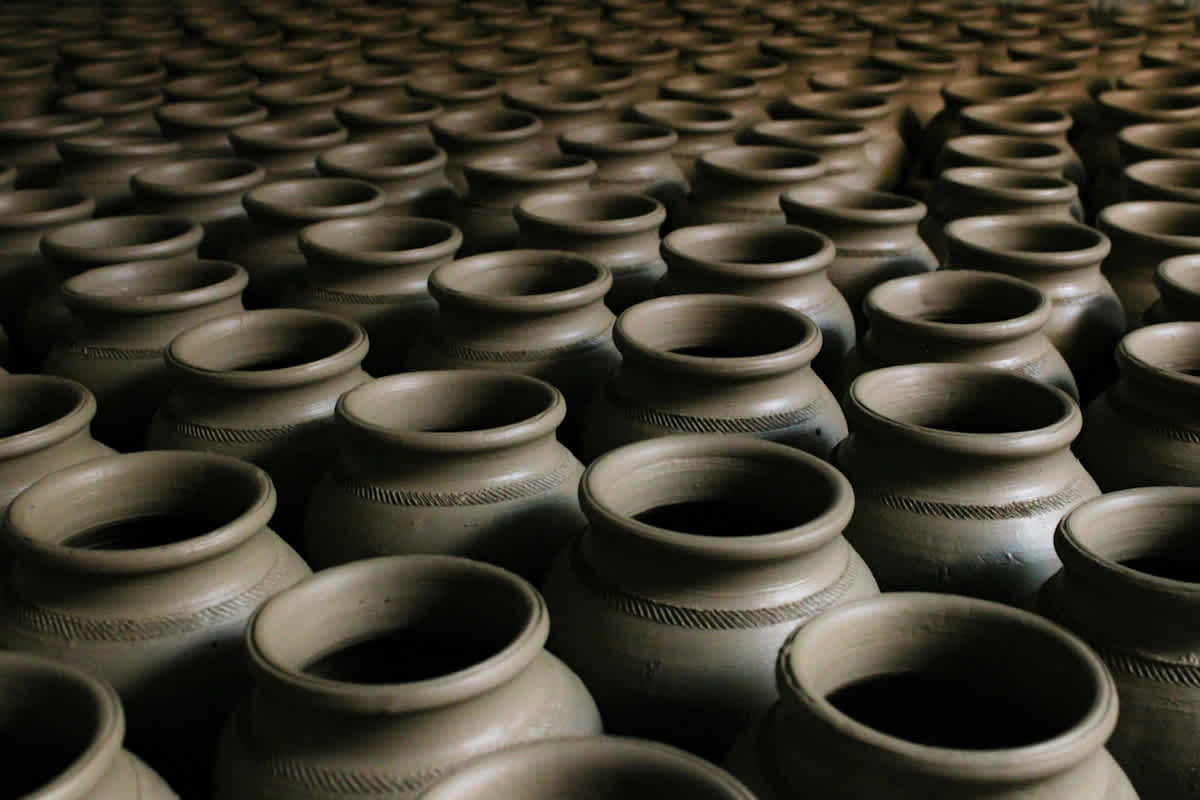Having received the greatest gift of all, how will you show your appreciation?

Written by
Drawing the Well's Water
4 min read
Recently, I bought real flowers as a gift for a friend’s graduation.
After I gave her the bouquet, I quickly forgot about it. But when I ran into my friend a week later, she told me how she’d managed to keep the flowers alive and had placed the flowers atop her piano. And every morning before work, she would stop by the flowers to enjoy its sweet fragrance.
I was so touched to know that my gift was appreciated by my friend daily.
The greatest joy to any gift giver is to know that your gift is well appreciated and put to good use. Vice versa, the biggest hurt is if the initial ‘thank yous’ were merely etiquette and your gift is left aside or thrown out.
A Gift Of Love
God is the biggest gift giver there is. He gives out many blessings to all of humankind, with the greatest gift being His salvation grace.
And to give this gift, it took more than just an afternoon trip to the shopping mall.
In fact, in order to give us a chance of salvation, God gave up His heavenly kingdom and lived a difficult life on earth– He was rejected, ridiculed, and lived a sojourner’s life having no place to lay His head (Mark 6:1-6, Luke 9:53, Luke 11:15-16, Matt 8:20). And He was willing to face death for crimes He did not commit (2 Cor 5:21, Phil 3:6-8). Is this not a testament of how great His love is for us (John 3:16)?
So how do you respond to such a great gift of love?
Repaying His Grace
Paul was someone who was starkly conscious of what it meant to receive God’s grace. In his letter to the Corinthians, he pleads with them not to take the grace they had received in vain (2 Cor 6:1) – something that we too must consider.
1) Bearing Fruit for Christ
For Paul, he responded to this gift by dedicating his life to labour for the ministry of Christ (1 Cor 15:9-10).
His dedication went beyond lip service and his comfort zone. Imitating Jesus’ example, Paul willingly gave up a life of comfort and high status, and chose to live a life of poverty, hardship, and suffering for the sake of the gospel (2 Cor 6:4-10; 2 Cor 11:23-28; Phil 3:4-7).
Yes, Paul gave his all for Christ (Phil 2:17; 2 Tim 4:6). And through the grace given to him, Paul bore much fruit and brought much glory to God’s name.
It’s not easy to choose to do the uncomfortable, difficult thing.
But often, that is exactly what we need in order to bear more fruit for Christ (John 15:2). In some agricultural villages, they would chop at the bark of a fruit tree because doing so would make the tree grow sweeter, better fruits.
Hardships can bring about greater growth.
Are we willing to do the uncomfortable thing for Christ’s sake?
Granted, it’s much easier to choose to stay comfortable and keep the status quo just as the servant with one talent did. But let us not forget Jesus’ warning: those who receive God’s grace in vain, failing to bear fruit, will be judged (John 15:6, Luke 13:6-9).
2) Be holy
Additionally, we can respond to God’s gift of grace by striving to be holy.
God is holy and He expects His people to be holy as well (2 Cor 6:14-16, Lev 11:44). Because what is holy cannot be joint with something unholy.
How can we keep ourselves holy today?
The first step is to separate ourselves from the unrighteous (2 Cor 6:17). This doesn’t mean we have to live as hermits. It means, we must draw clear biblical-based boundaries between what is right and what is wrong, and not test these boundaries.
The Bible draws clear boundaries when it comes to certain choices we make. For example, keeping the full Sabbath rest, marrying in the Lord, and abstaining from telling lies. But do we at times try to test the boundaries of what is right and wrong?
I had such a long week and I’m exhausted. Let me sleep in just this one Sabbath. I’ll just be late for service but at least I’ll reach by lunch time.
But we have such good chemistry together and she’s okay with me going to church and doing my church things. There’s no sister in church whom I have such a good connection with.
My manager said that I should present the number of sales to be higher than it actually was to the client. If I don’t do this, my manager might try to make my life difficult, so I have no choice. Anyways, it’s just a small lie.
If in our testing of boundaries we compromise on keeping God’s commandment, it means we have not successfully kept from touching what is unclean (2 Cor 6:17).
Conclusion
Let us ask ourselves these questions as we reflect:
In the past month…
What are some blessings I have received from God in the past month?
How have I born fruit for God?
Have I been holy or have I compromised in keeping God’s commandments?




